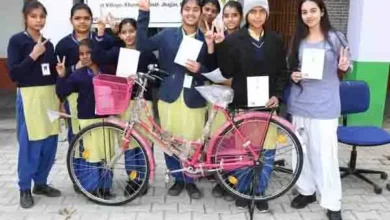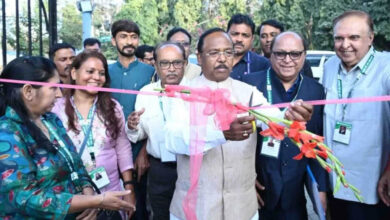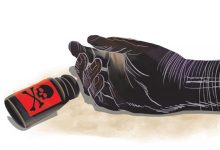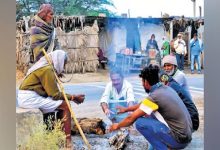SC allows ASI’s scientific survey at Gyanvapi mosque

New Delhi: The Supreme Court on Friday refused to stay the Allahabad High Court order allowing the ASI to conduct a scientific survey at the Gyanvapi mosque complex to determine if the 17th century structure was built upon a pre-existing temple, notwithstanding the assertion by the Muslim side that the exercise will “reopen wounds of the past”. A bench comprising Chief Justice D Y Chandrachud and Justices J B Pardiwala and Manoj Misra, however, asked the Archaeological Survey of India (ASI) not to take recourse to any invasive act during the survey. The bench took note of the submissions of Solicitor General Tushar Mehta, appearing for the ASI and the Uttar Pradesh government, that no excavation will be carried out during the survey nor any destruction caused to the structure. “It is clarified on behalf of the ASI, represented by the solicitor general, that as a matter of fact, the entire survey will be completed without any excavation at the site and without causing any destruction to the structure,” the bench said. “The order of the learned trial judge passed under Order 26 Rule 10A of the CPC (Civil Procedure Code) cannot be prima facie at this stage to be said as without jurisdiction,” the bench said. The top court said the evidentiary value of the scientific survey of the ASI was open to be tested in the lawsuit and is open to objections, including cross-examination. Consequently, the report of the ASI, by itself, does not amount to determination of the matters in dispute. “Having regard to the nature and ambit of Court-appointed commissioners, we are unable to differ with the view of the High Court…,” it said. The apex court bench ordered the survey to be carried out through “non-invasive” processes. The report of the ASI will be remitted to the trial court and the decision on that will be taken by the district judge, it said. During the hearing, Muslim body Anjuman Intezamia Masjid committee said the ASI survey at the Gyanvapi mosque intends to go into history and will “reopen wounds of the past”. Senior advocate Huzefa Ahmadi, appearing for the mosque management committee, contended before a bench headed by Chief Justice D Y Chandrachud that the exercise by the Archaeological Survey of India (ASI) is “digging into history”, violating the Places of Worship Act and impinging upon fraternity and secularism. “You can’t oppose every interlocutory order on the same ground and your objections will be decided during the course of hearing,” said the bench.
















